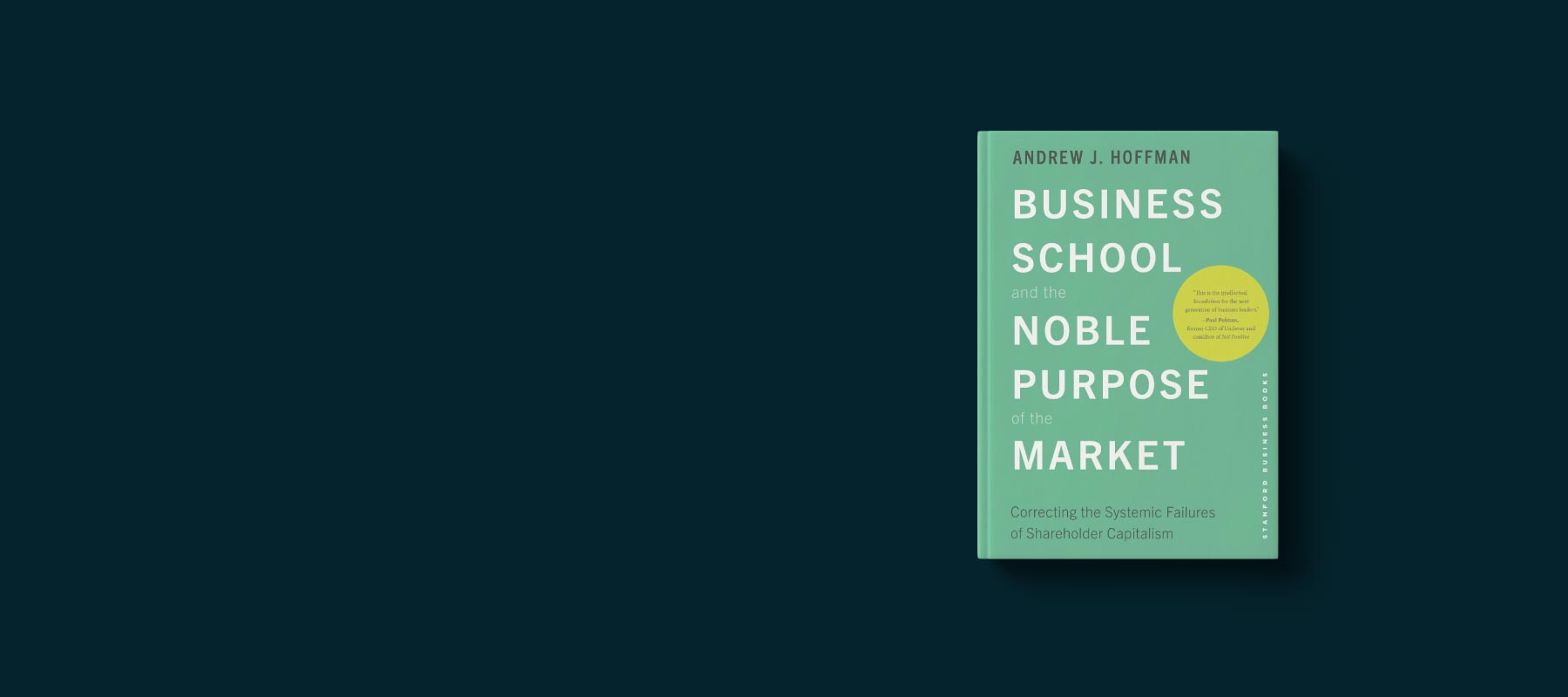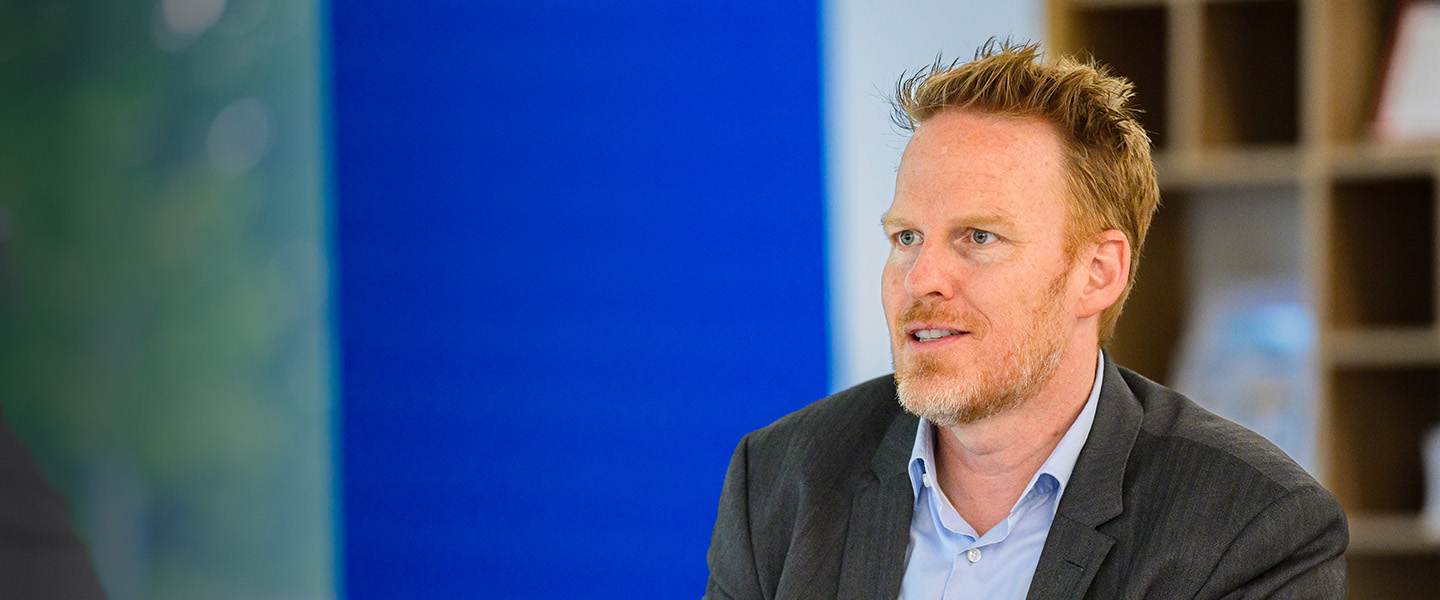Employees in Foxconn’s business empire
Foxconn, a Fortune Global 500 giant and the world’s largest electronics manufacturer, made headlines in 2023 by announcing a shift to a five-day, eight-hour workweek in its Chinese factories – a significant departure from its long history of extended work hours and grueling conditions. While this decision was celebrated by labor advocates as a critical step toward improving work-life balance, it sparked a complex debate among Foxconn employees. Many workers had come to rely on overtime pay just to make ends meet, as their basic wages barely covered essentials like rent and food. Foxconn had long faced criticism for pushing its workers to the brink, most notably in 2010, when 17 employees in China attempted suicide by jumping from company buildings, resulting in 14 tragic deaths. Despite this devastating toll, Foxconn’s business growth remained unshaken. The company’s rise from a startup to the world’s largest electronics manufacturer is deeply intertwined with China’s massive influx of domestic migrant labor, where millions move to urban areas in search of better opportunities. This case delves into the reality of labor on Foxconn’s frontlines, exploring working conditions, compensation and living accommodations, as well as the far-reaching aftermath of the tragedies that shook both Foxconn and its clients, such as Apple. Beyond China, Foxconn’s global operations have faced similar scrutiny, and as the company expands into regions like India, it confronts new challenges. Cultural and regulatory differences further complicate its labor issues. This case highlights the critical tension between safeguarding worker dignity and well-being while meeting the relentless demands for productivity – whether in developed or emerging economies. As Foxconn continues to evolve and reshape its labor practices, the question remains: How can companies maintain profitability while ensuring the dignity, safety and well-being of their workforce?
- To demonstrate how job design and job crafting principles can impact employee well-being and contribute to extreme outcomes such as turnover, engagement, dignity and even suicides.
- To understand and apply talent management practices that can attract, retain and develop employees and in a high-pressure environment, ensuring alignment with both organizational goals and employee needs.
- To identify and evaluate principles of responsible leadership that prioritize purpose and values, employee welfare and long-term sustainability, and discuss how these principles can be applied to prevent humanity crises like those at Foxconn.
- To explore ways to cultivate a learning culture within organizations that emphasize continuous improvement and sustainable employee development by addressing the root causes rather than just patching surface issues.
Foxconn, Manufacturing
2010-2023
Cranfield University
Wharley End Beds MK43 0JR, UK
Tel +44 (0)1234 750903
Email [email protected]
Harvard Business School Publishing
60 Harvard Way, Boston MA 02163, USA
Tel (800) 545-7685 Tel (617)-783-7600
Fax (617) 783-7666
Email [email protected]
NUCB Business School
1-3-1 Nishiki Naka
Nagoya Aichi, Japan 460-0003
Tel +81 52 20 38 111
Email [email protected]
IMD retains all proprietary interests in its case studies and notes. Without prior written permission, IMD cases and notes may not be reproduced, used, translated, included in books or other publications, distributed in any form or by any means, stored in a database or in other retrieval systems. For additional copyright information related to case studies, please contact Case Services.
Research Information & Knowledge Hub for additional information on IMD publications

As corporate America adjusts to a shifting political environment under President Donald Trump, companies must rethink their approach to DEI.

Andrew J Hoffman's book explains how Business schools must cultivate leaders who see beyond profits and embrace business as a powerful force for societal good.

IMD President David Bach goes from the global to the personal with one of the world’s most prominent bankers.

Virtual meetings can be exhausting, but your voice plays a key role in maintaining engagement. Discover expert techniques to keep your voice dynamic and impactful in the virtual world.

To waltz smoothly through office life, we need to balance vulnerability and honest feedback for greater trust building as a leader.

Katrina Edmunds’ return to sport shows how rowing shapes resilient leadership and teamwork through lessons that drive success in business and life.

Omnipotent leaders may seem untouchable, but systems crack. From mass mobilisation to quiet non-compliance, discover how pressure builds and where resistance begins.

A new law requires large listed companies in the EU to appoint members of the underrepresented gender (usually women) to 33% of all director roles.

A relentless focus on accountability and continuous improvement transformed Valmet from an underdog into an industry leader in a decade. Pasi Laine tells Jean-François Manzoni how it was done.

Leaders Unplugged features real talk with the impactful. Candid, honest, actionable, and fresh from behind the scenes. It is presented IMD in collaboration with Remote Daily.
in I by IMD
Research Information & Knowledge Hub for additional information on IMD publications
in I by IMD
Research Information & Knowledge Hub for additional information on IMD publications
Research Information & Knowledge Hub for additional information on IMD publications
in I by IMD
Research Information & Knowledge Hub for additional information on IMD publications
Research Information & Knowledge Hub for additional information on IMD publications
Research Information & Knowledge Hub for additional information on IMD publications
Research Information & Knowledge Hub for additional information on IMD publications
Research Information & Knowledge Hub for additional information on IMD publications
Research Information & Knowledge Hub for additional information on IMD publications
Research Information & Knowledge Hub for additional information on IMD publications

